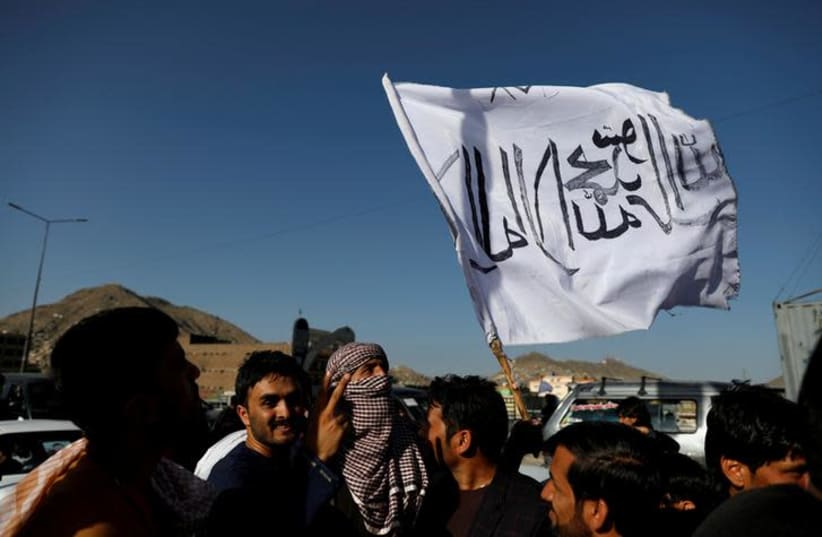KABUL, April 13 (Reuters) - Taliban forces attacked the northern Afghan city of Kunduz on Saturday, a day after the launch of their annual spring offensive, as fighting intensified across the country ahead of the next round of peace talks with U.S. representatives.
Heavy fighting has been going on for weeks but the announcement of the spring offensive while peace talks were due was a blow to any hopes of a quick agreement and was criticized as "reckless" by U.S. special peace envoy Zalmay Khalilzad.
Taliban spokesman Zabihullah Mujahid said in a statement the movement was committed to the peace process but accused Afghan and international forces of stepping up their own operations.
"We are committed to the ongoing process of negotiation and peaceful resolution, but we cannot be unmoved in the face of military operations and the terrorist wave of occupiers and mercenaries," Khalilzad said.
However security officials in Kabul said that apart from the operation in Kunduz, Saturday's attacks in 15 provinces across the country were limited in scope and had largely been contained.
"They engaged Afghan security forces to show their presence with the start of their spring offensive," one senior official said. "But Afghan forces were on high alert across the country and therefore several attacks were pushed back."
STRATEGIC CITY
In Kunduz, the strategic city which briefly fell to the Taliban in 2015, fighters attacked from several directions in the early hours of the morning, causing heavy casualties, the provincial governor's spokesman Enhamuddin Rahmani said.
A local health official said more than 70 dead and wounded had been brought into the main city hospital.
There were also attacks in the northern provinces of Baghlan, Takhar and Badakhshan, as well as Faryab, Sar-e Pul and Balkh, but there were no reports of significant casualties among security forces.
In southern Afghanistan, Taliban forces launched attacks in the opium-rich province of Helmand, with operations in Nad Ali, Gereshk and Sangin districts, areas that have been fought over for the past 17 years.
Omar Zwak, the provincial governor's spokesman, said the attacks had been repelled at the cost of four soldiers and 15 Taliban. "The fighting will further increase as the weather warms up," he said.
Separately, seven members of the security forces were killed in an ambush in the western province of Ghor, leading to an hours-long firefight, provincial government spokesman Abdul Hai Khatibi said.
While much of the fighting consisted of small-scale engagements, the spread of operations across most parts of the country underlined the struggle facing the Afghan government, still shut out of the peace process by the Taliban's refusal to talk to what they consider a puppet regime.
According to U.S. estimates, government forces control just over half the country, but with many areas out of reach of easy communications an accurate picture is difficult.
Peace talks are due to resume in Doha next week between U.S. envoy Khalilzad and Taliban officials.
